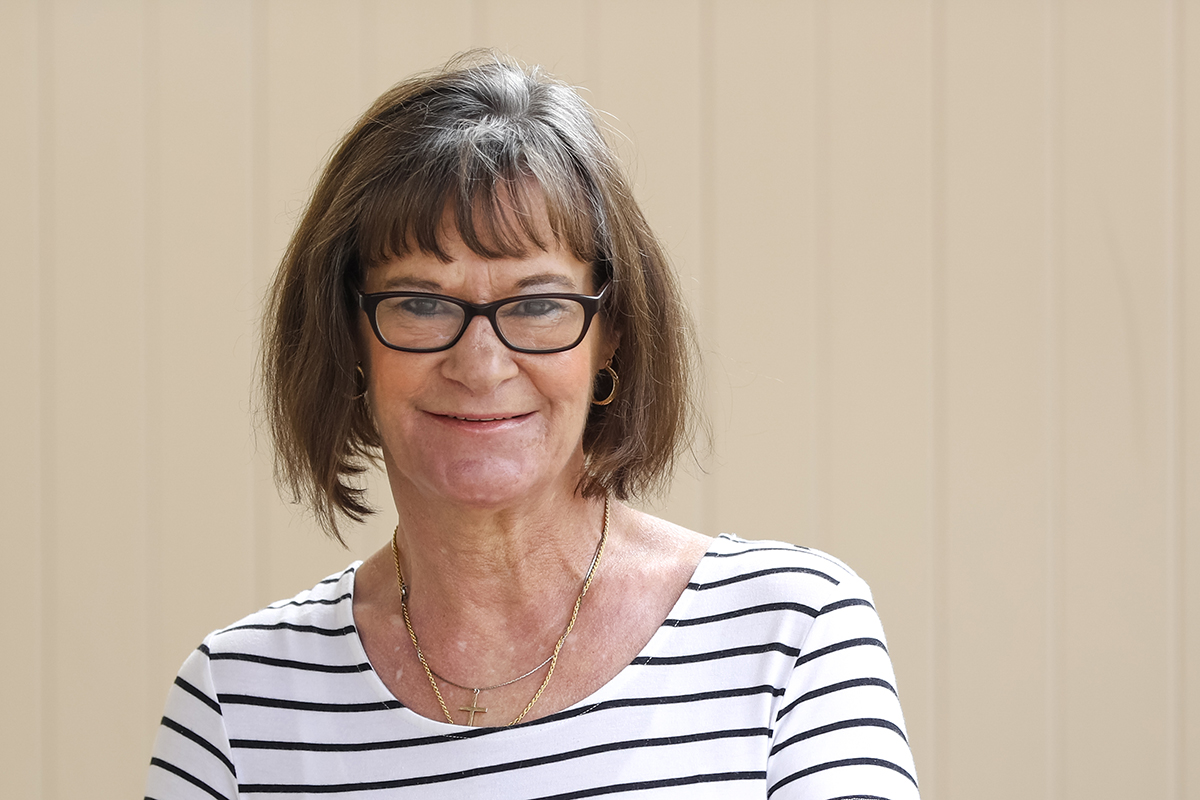 Debbie was diagnosed with Stage II breast cancer in November of 2014 at age 56. The diagnosis came just a few months after her closest friend, Doris, died from the same disease. Debbie had been Doris’ primary caretaker for 10 years before she died. She had lived with Doris and helped her through chemotherapy. Debbie worked part-time because the demands of Doris’s care were too much for full-time work. When Doris passed away, Debbie found herself without her best friend, without a home, without a full-time job, and without health insurance. A few months later, Debbie received her own diagnosis.
Debbie was diagnosed with Stage II breast cancer in November of 2014 at age 56. The diagnosis came just a few months after her closest friend, Doris, died from the same disease. Debbie had been Doris’ primary caretaker for 10 years before she died. She had lived with Doris and helped her through chemotherapy. Debbie worked part-time because the demands of Doris’s care were too much for full-time work. When Doris passed away, Debbie found herself without her best friend, without a home, without a full-time job, and without health insurance. A few months later, Debbie received her own diagnosis.
Debbie qualified for Medicaid through Kansas’ Early Detection Works program, which offers coverage to low-income women with breast and cervical cancer. Within two months of Debbie’s diagnosis she had two surgeries and received radiation twice a day for eight weeks. Debbie was forced to reject chemotherapy as an option because she was homeless, and the side effects would be too difficult to manage in these circumstance – but she persisted in her radiation treatments and has been in remission for three years.
Debbie never imagined she’d be in this position. For most of her life she had been employed and had health insurance. Debbie says without Medicaid she would have died. “It’s every woman’s right – whether she has insurance or not – to find out if she has cancer, and to get treated.”